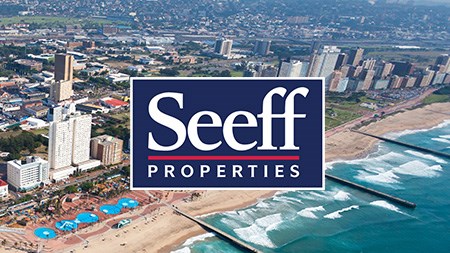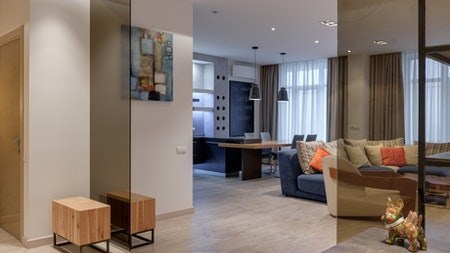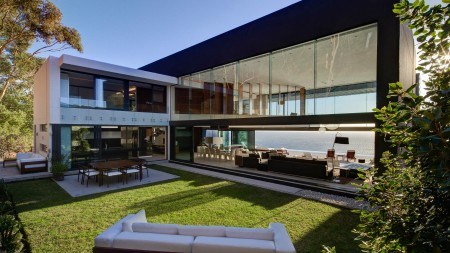Investing in market shares can certainly be a lucrative venture, particularly when market conditions favour the investments you’ve made, but investing in property is an alternative to be considered.
Charles Vining, Seeff’s Managing Director in Sandton, says that property held for five years or more before being sold for profit may not always yield enormous profits, but seldom lose value. It is perhaps not as exciting or lucrative as share trading in some instances, but it is certainly a “safe bet” in the medium to long term.
“Using Kumba Iron Ore as an example; it may have recovered in recent weeks, but it would not have been a good investment at all if you had purchased R3 million worth of shares five years ago and sold it earlier this year.
Five years ago on 25 February 2011 it would’ve cost R467 for a Kumba share, but the trading price was a mere R67.50 per share on 25 February this year. Had you invested R3 million at the time and sold it again on 25 February this year you would have suffered a loss of R2.5 million, only being able to sell the same shares for R435 000 in total”.
Vining says African Bank is another example of how investing in shares can have unfavourable results. R3 million in African Bank shares, if purchased five years ago, have a zero value today.
Conversely, Vining says, a bank like Capitec performed extremely well and shareholders are now enjoying great capital gains. “Of course investing in shares will sometimes pay off; in this instance Capitec shares acquired five years ago at R3 million had a market value of around R8.9 million in February this year. This sort of investment is high risk, but can also be high reward.
One must mention that the shares of many blue chip companies hold their value and enjoy steady gains. Staying with banking as an example, Standard Bank has enjoyed a stable share price if you take a five year view – shares on 25 February 2011 were trading at R100 and on 25 February 2016 were trading at R108. Money invested using this example would have been protected and enjoyed some growth”.
Property as an investment
To illustrate property as an alternative investment source, Vining references a well-known estate in Morningside where clusters sold for an average price of R2.8 million in March 2011.
“A house in the same estate is selling for R4.9 million today, resulting in a capital gain of R1.9 million in five years.
Property in the suburb of Bryanston shows similar results. Cluster homes in a popular estate sold for an average of R3 million each in 2011, and those same properties now sell at an average price of R4 million.
“Over the medium to long term, property investors usually enjoy capital gains, and often earn rental income during the period that they hold an investment property for. It is unusual to sell a property for less than you bought it for five years prior.
“In Sandton Sectional title is particularly good as an investment. When investing in larger property, the investor must be prepared to keep the property in good condition over a few years. Anywhere central to Sandton is a good investment, especially suburbs within a five to 10km radius”.
Vining concludes that it’s important that property investors work with reputable agents and understand the pricing dynamics in their suburbs of interest so that they don’t buy ‘too high’. Also while they may make some improvements to the property, it’s of paramount importance that investors don’t over-capitalise and raise the expected price of the property too far above the ceiling value of similar properties in the area.
The property market
Samuel Seeff, chairman of the group, says that while overall property sales activity and price growth is expected to slow further this year in light of the overarching economic climate, he expects the market to remain resilient, especially in high demand areas such as Cape Town's Atlantic Seaboard and City Bowl, southern suburbs, Sandton and key areas in Pretoria.
While it may well be that many areas, especially the middle class areas are beginning to feel the pinch, the feedback from our branches is that in most areas, demand and sales activity for the first quarter of this year is still very much on par with the same period last year.
In any event, when we look back at how top end areas have performed since the 2007/8 downturn, we see excellent growth and resilience and that should underscore any decision as to whether to invest in property.
Advice to investors is to keep in mind that while bricks and mortar are certainly excellent investments, it requires a long approach. If you are looking for return on investment and quick wins, you are likely to be better off putting your money into property investment funds, says Seeff.





